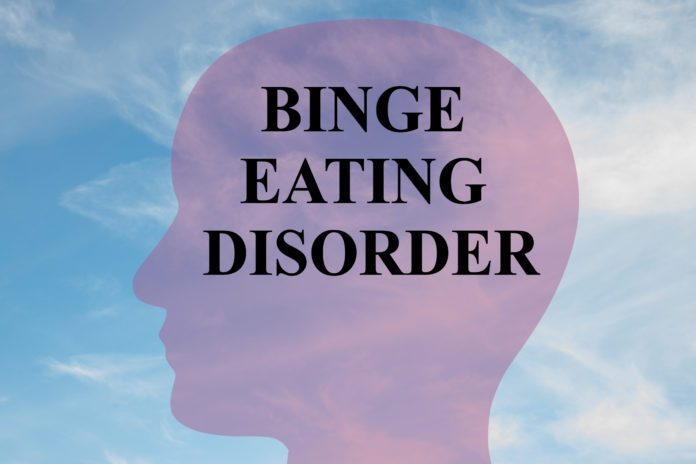Irene Marie Erckert Ph.D., CEDS
With the holidays upon us, food is at the front and center of every tradition and gathering, creating stress for millions of people who suffer from eating disorders. Those who suffer from binge eating are anticipating gaining weight and feeling worse about themselves after the holidays. In addition, holiday event stress, busy schedules and challenging family dynamics can be overwhelming, which adds to the panic around food and greater potential for relapse. On top of these external stressors, those who suffer from eating disorders are perfectionists, which creates anxiety when food schedules and plans are disrupted. Once a perceived mistake around food is made, the sufferer turns to the eating disorder to manage negative emotions related to the “overeating” and the cycle of disordered eating continues.
The following strategies can help individuals who suffer from eating disorders to navigate the holidays successfully:
Plan regular meals throughout the day. If you restrict to save calories for holiday meals, physiological deprivation may lead to overeating. Eat three meals on the holiday as you ordinarily would on any other day. In addition, inquire about the menu ahead of time and write down what you will eat in advance.
View all foods as acceptable in moderate portions. Assigning “good food” and “bad food” labels makes it impossible to eat a rich caloric entrée or dessert without guilt. Even these foods in moderate portions are part of normal eating.
If you panic because you feel painfully full, take a deep breath, and remember that one meal will not change your body in any significant way. Remind yourself that this is part of “normal holiday eating.”
Work on being flexible during the holidays. Holidays are times when food plans are altered. Eat foods that you want rather than eating those that you label as healthy. Eating food that doesn’t satisfy your taste buds will ultimately lead to overeating even when you are physically full1. Rather than being critical, take a holiday from perfectionism.
Discuss your Holiday anxieties with a support person. Think ahead about possible people or comments that may activate negative thoughts about yourself and trigger disordered eating. Practice responses including redirecting the conversation, excusing yourself to take a walk, sitting with people who eat as normally as possible, or exiting if necessary.
Focus on people and relationships rather than your body or food. Think of parties as avenues for meaningful connection with others rather than as places of conflict with food.
Choose a loved one who has a positive relationship with food to be your reality check. When highly anxious, ask this trusted person to plate a meal for you and to sit next to you at the meal.
Talk to a trusted support person if you do overeat. Inform that support person in advance that you may need to reach out to them. When struggling, take a walk with your support person to calm yourself and then map out a reasonable approach to food upon return.
Avoid overscheduling yourself around the holidays to prevent lapses with food. Prioritize events, and give yourself permission to skip a gift exchange or party. Save time to relax, reflect, and enjoy the small things. Managing your schedule may be a tool manage your eating.
Be compassionate with yourself if you binge during this time. One step backwards does not equal failure, and every small effort is a step in right the direction. Beating yourself up for making a mistake can cause one mistake to spiral into a full relapse. Instead, remind yourself that recovery is more like a marathon than a sprint and that it requires intense training. Celebrate each success no matter how big or small just as a runner celebrates each personal best.
Avoid the scale and calorie counting as they will distract you from the true meaning of the holidays. Remember engaging in the moment, ie., fully participating in the conversation or holiday activities, will ultimately lead to a relaxation response and better outcomes with food.
Most of all, allow yourself to have fun with family and friends during the holidays. Remind yourself that rigidly focusing on food or body concerns will prevent you from enjoying time with loved ones.
In summary, the stress and focus on food associated with the holiday season can make coping with an eating disorder incredibly challenging. Approaching the season with a flexible mindset and taking time to relax are keys to enjoying this time with family and friends.
References
1Albers, S. 2012. Eating Mindfully. California: New Harbinger Publications


